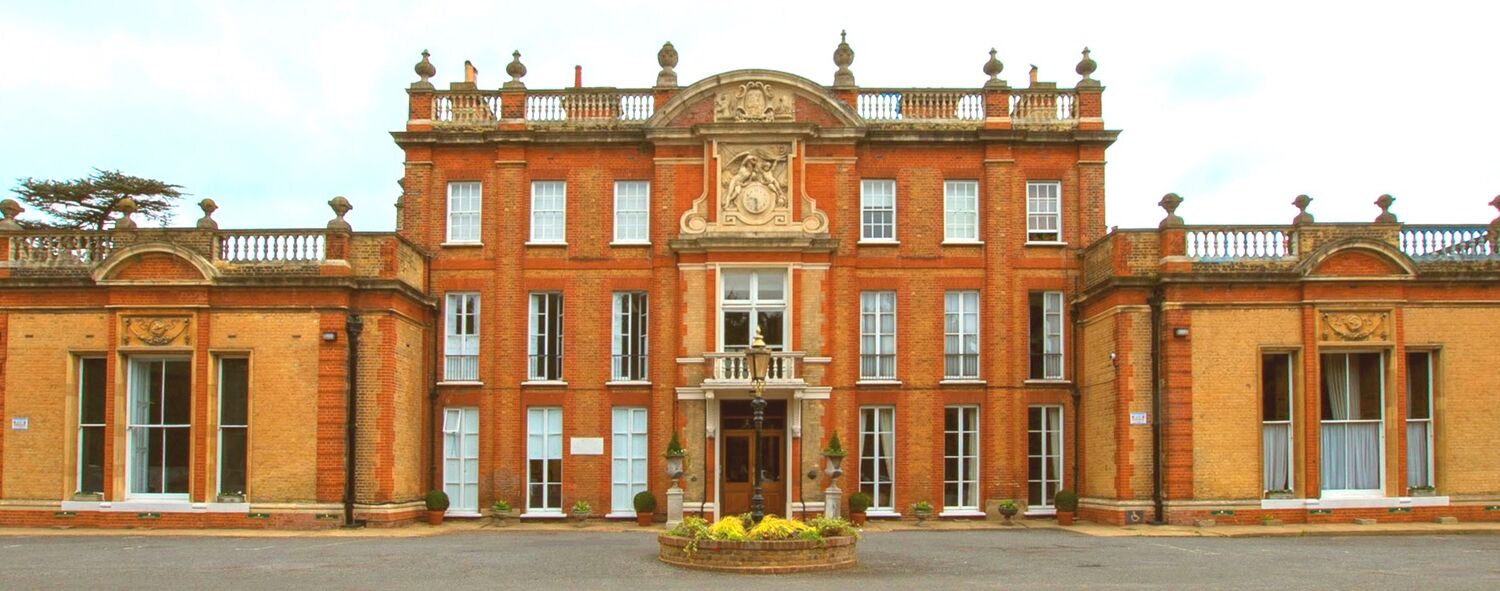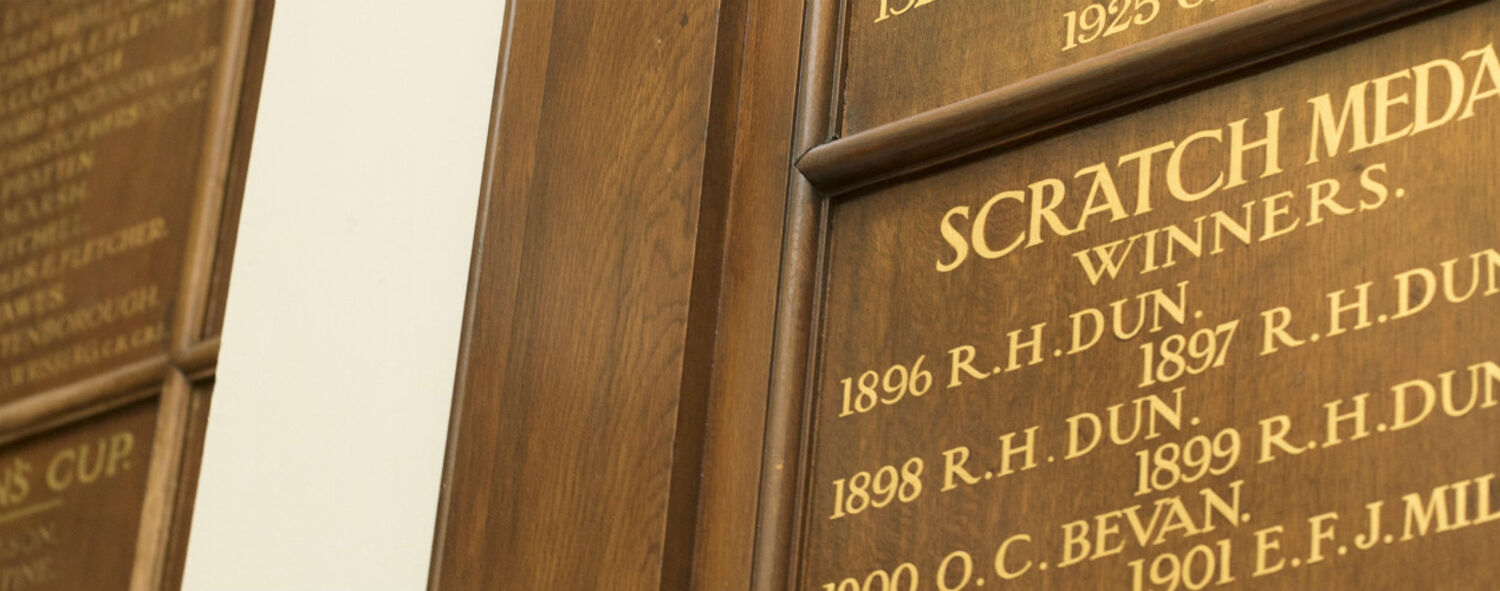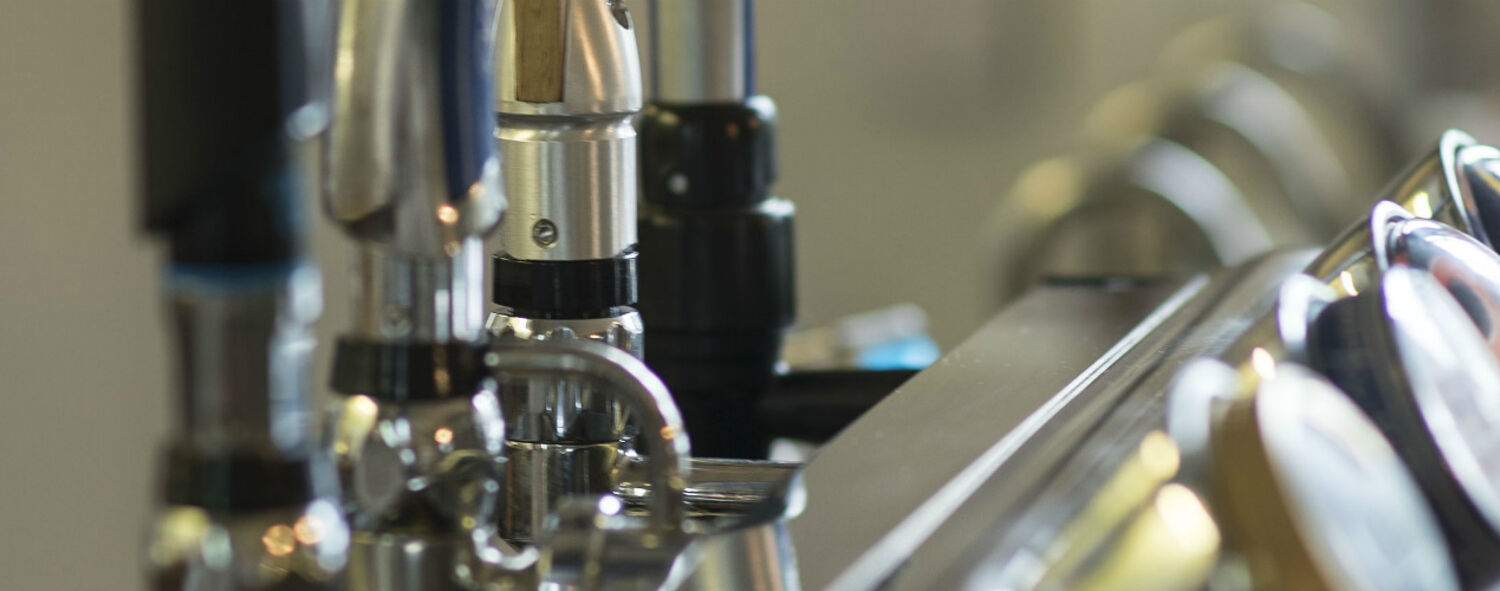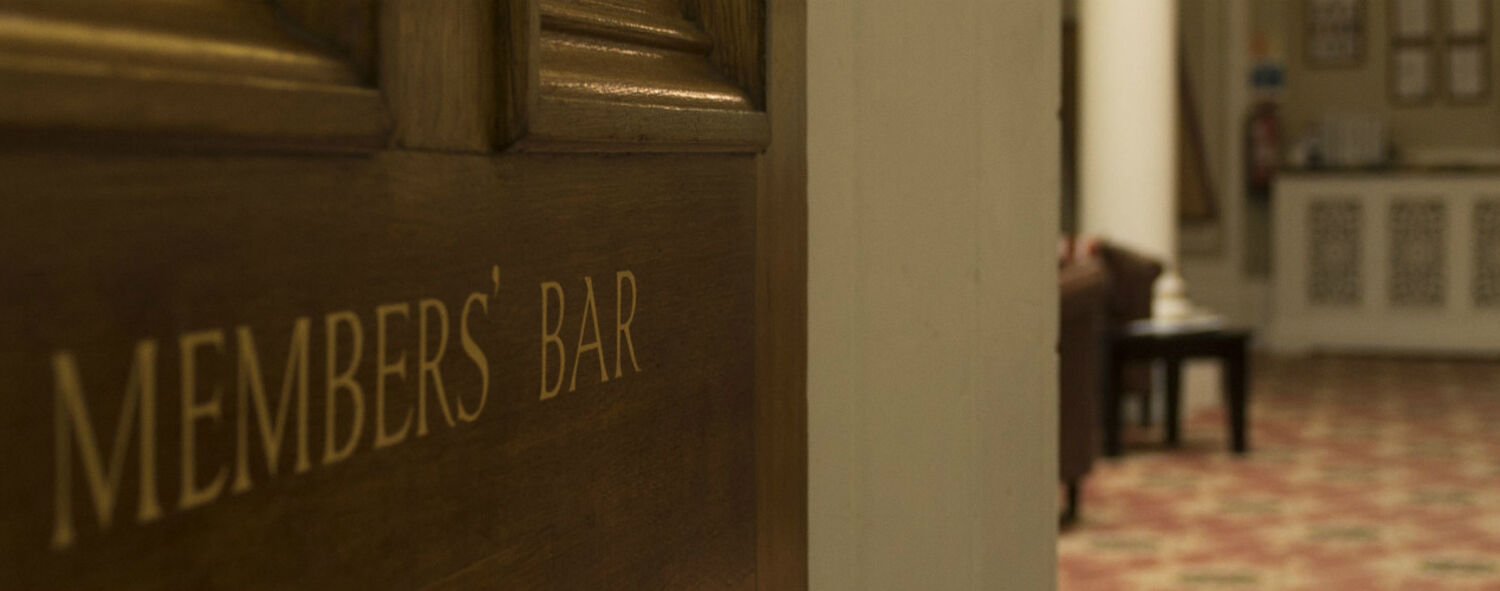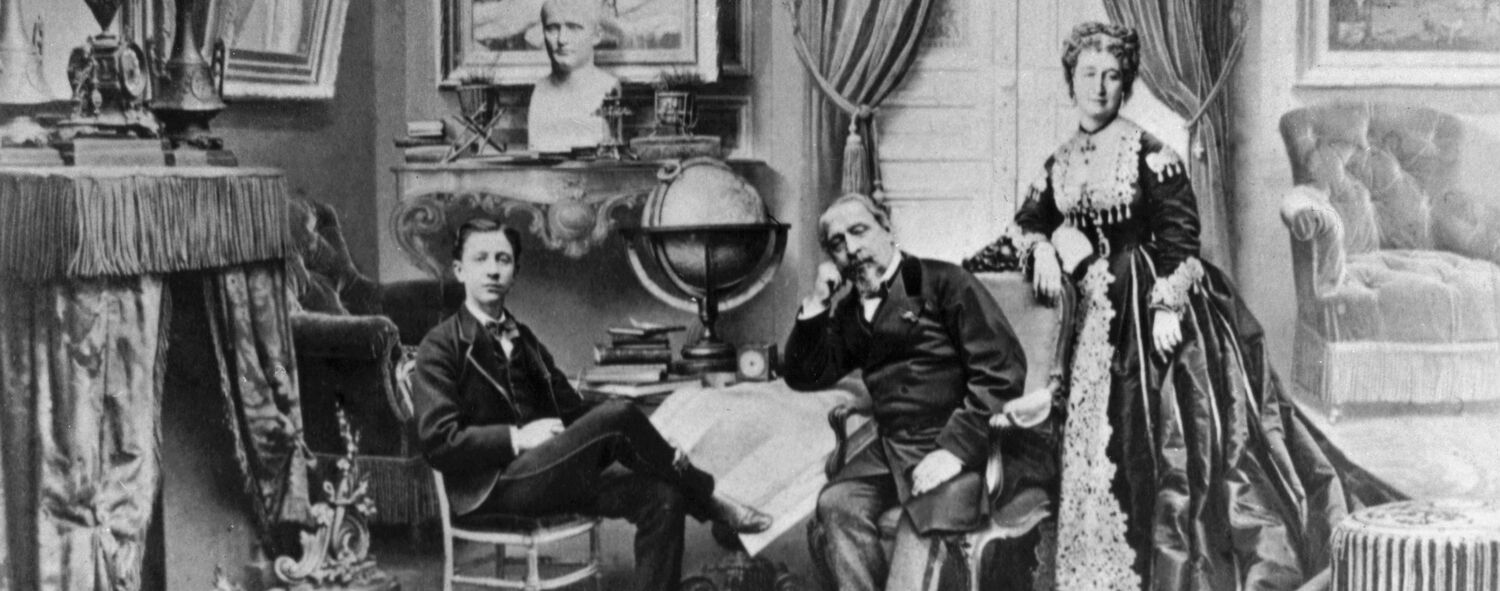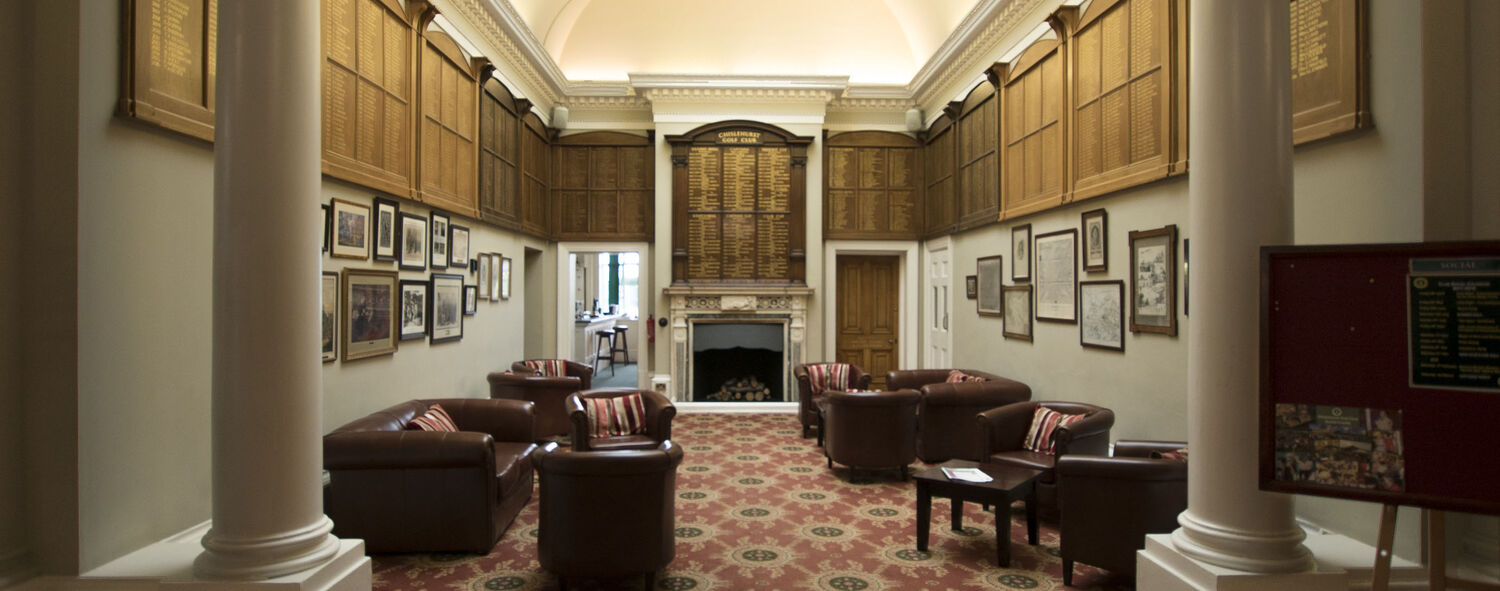
Napoleon III Unwell
The Third French Republic, which began in 1870, was spying upon the Emperor. The French government enlisted the services of a private detective, Edwin Levy, who installed his agents in the windmill on the other side of Chislehurst cricket field to report names of all visitors to Camden Place. Mr Levy’s men were spied upon in turn and a copy of his report was placed upon the Emperor’s table each morning.
On 2nd January 1873, the Emperor underwent an examination of the bladder under anaesthetic. He had been suffering from pains in this region for some considerable time, a fact which prevented him from riding into Paris victorious, should the French Imperial family be restored. A large stone was discovered and subsequently crushed by esteemed surgeon Sir Henry Thompson but some fragments remained. Sir Henry confided to the Prince of Wales,
“In the strictest confidence I will tell you this. The stone is so large.
The Emperor is so sensitive and difficult to manage.
I shall want all my force and resources to get him through and I may fail.
I am very anxious.”
Louis Napoleon was given chloral to ensure that he slept. Napoleon did not wish to take it but Eugénie insisted. Knowing that he had slept well, in the morning she intended to visit her son in Woolwich. As she was about to leave, she was told that the Emperor “has had a little crisis.” She heard someone shouting urgently for the priest, Father Goddard. Louis whispered his last words to his old friend, Dr Conneau, saying,
“We weren’t cowardly at Sedan, were we?”
When he saw Eugénie enter, he sent her the weak message of a kiss. Father Goddard led her away. Five minutes later, Napoleon died, having undergone two operations.
“An enormous name has passed out of the living world into history,” commented The Times.
The Prince Imperial, who was studying for the army at Woolwich, was summoned. He ran upstairs so fast that he stumbled and fell several times before he found his mother waiting for him at the door of the sick room. T hen he went in, knelt by the bed and in a loud voice recited the Pater Noster. He was now heir to the Bonapartist causes and had hopes of becoming Napoleon IV.
The Emperor lay in state at Camden Place. The Prince of Wales wanted to attend the funeral but the Foreign Secretary advised Queen Victoria that the Prince might be proclaimed Emperor by his followers and so, fearing a Bonapartist demonstration, she would only allow the Prince of Wales to visit Camden Place on the morning before the funeral.
The crowds on the Common seemed greater than ever in the days preceding the funeral. The bells of St Nicholas Anglican church were tolled for the funeral itself.

